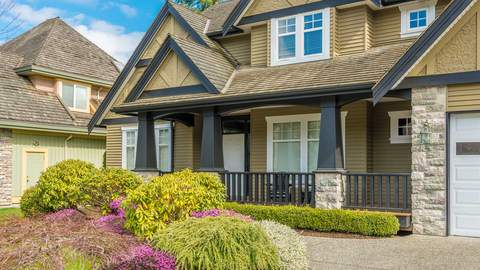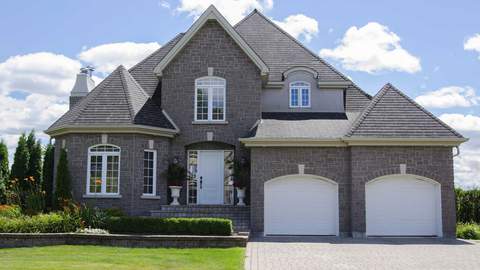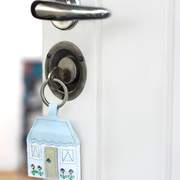Buying a home can be a daunting task especially if it's your first time.
But don’t make the mistake of going with the first house that falls in your price range or worse, just settle in renting forever. There is an easy and practical way to demystify the buying process and make the most of your hard-earned money.
 Considerations before you buy
Considerations before you buy
First, you need to determine your main purpose for buying a home. Are you tired of paying rent and ready to make mortgage payments? Do you want to see your paycheck affording something tangible and what you can actually call your own? Do you want to take your sense of independence into a higher level and not answer to anyone else but you? Getting a narrower view of your big-picture homeownership reasons will help you move into the right direction.
Now, it is time to ask yourself these five questions before you sign that contract:
1. Will this type of home suitable to all my needs and expectations?
 Of course, if money is not an issue, then you can just splurge on whatever kind of mega-mansion there is in the best addresses in town. Even so, you have to weigh the pros and cons of the types of houses available in the market. Would a condo do the trick since you have a big city job? Does a townhouse sound like a good idea even if you intend on just living alone? Can you afford a traditional family home as you plan to settle down? The point is, if your life savings is what’s at stake here, you have to choose a home where your needs and expectations will be met with some degree of satisfaction.
Of course, if money is not an issue, then you can just splurge on whatever kind of mega-mansion there is in the best addresses in town. Even so, you have to weigh the pros and cons of the types of houses available in the market. Would a condo do the trick since you have a big city job? Does a townhouse sound like a good idea even if you intend on just living alone? Can you afford a traditional family home as you plan to settle down? The point is, if your life savings is what’s at stake here, you have to choose a home where your needs and expectations will be met with some degree of satisfaction.
2. Can I afford the mortgage payment?
Now that you’ve narrowed down what type of home fits your lifestyle, the next big question is: can you actually pay for it? Your monthly income, job tenure and security, regular expenses plus debt, as well as other financial factors will all come to play here. You cannot afford to be hasty and unrealistic because after a few months or so, that dream house of yours will start to look really ugly and despicable if you’re being robbed of peace of mind because of outrageous penalties for late or missed mortgage payments.
 3. What is its price in the market today?
3. What is its price in the market today?
Another important consideration you need to know is the property’s worth. This you should ask from the real estate agent. Of course, they can’t tell you exactly how much it is and you cannot ask them directly about it without being unethical. Instead, request for comparable sales, or ‘comps’ of nearby homes similar to the type you’re planning to buy. This way, you will know if it is overpriced or has the potential to get a higher price value in the future.
4. What is included in the disclosure?
Sure, it’s the perfect house for you and you can afford to pay it, and it’s a sensible investment but before inking the deal, make sure you have made a thorough inspection of the house, with the help of a professional contractor. It might be in perfect condition at first glance but sometimes, sellers intentionally fail to disclose the real problems – like infestation, sewage blockage or high risk for flood – just because they want to get rid of the property quickly. Ask them directly but politely so you don’t end up wasting each other’s time.
 5. Who can help me through the purchase?
5. Who can help me through the purchase?
Hiring a reputable real estate agent to guide you in your home buying process can protect you from making life-changing mistakes that could lead to financial ruin. Choose the property you intend to buy and let them assist you in the negotiation process, loan approval and paperwork completion. This would mean less stress on your part and greater possibility that you’ll be getting the house you want and fully deserve at a price you can afford.
















Write a Comment